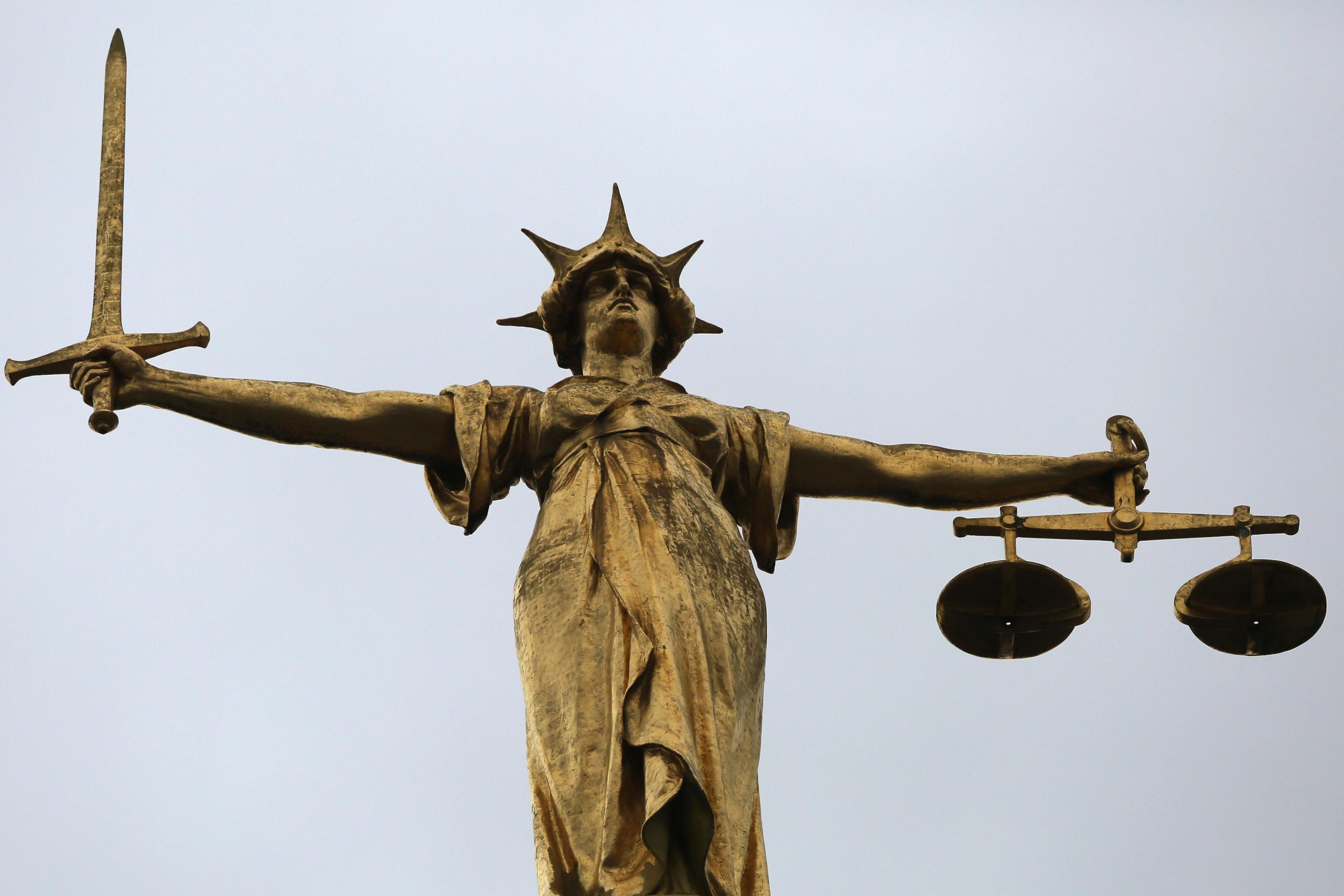Man born with severe disabilities due to incest rape wins right to compensation
Case ‘opens door to those who suffer genetic health problems due to criminal acts’

Your support helps us to tell the story
From reproductive rights to climate change to Big Tech, The Independent is on the ground when the story is developing. Whether it's investigating the financials of Elon Musk's pro-Trump PAC or producing our latest documentary, 'The A Word', which shines a light on the American women fighting for reproductive rights, we know how important it is to parse out the facts from the messaging.
At such a critical moment in US history, we need reporters on the ground. Your donation allows us to keep sending journalists to speak to both sides of the story.
The Independent is trusted by Americans across the entire political spectrum. And unlike many other quality news outlets, we choose not to lock Americans out of our reporting and analysis with paywalls. We believe quality journalism should be available to everyone, paid for by those who can afford it.
Your support makes all the difference.A man who was born as a result of incestuous rape has been granted the right to claim compensation for his severe disabilities in a landmark ruling.
The man’s mother was abused by her father from the age of 11, resulting in the birth of her son. He suffers from epilepsy, severe learning difficulties and hearing and sight problems.
After the man’s initial claim for compensation was rejected by the Criminal Injuries Compensation Authority, the Upper Tribunal, which makes decisions in legal appeals, quashed that decision.
CICA argued that no “personal injury” had occurred to the man at the time of his mother’s rape, as at that moment he was not in existence. It added that if the crime had not been committed, then the man would not have existed at all.
CICA’s case, put forward by Ben Collins QC said harm before birth which has consequences after birth cannot be treated as an injury to a living person, just as in cases where foetal alcohol syndrome has occurred.
But Judge Levenson of the Upper Tribunal said CICA’s rules failed to specify that applicants must be people at the time of the crime.
According to the BBC he said: “Clearly, at the time of the claim the applicant is a person.
“There is no provision in the scheme that the applicant must have been ‘a person’ at the time that the crime of violence was committed.
“In everyday terms and in common parlance, it seems to me that he has suffered injuries.
“Those injuries have been sustained in, and are directly attributable to, a crime of violence.”
Solicitor Malcolm Johnson, who represented the man, said it was “a landmark ruling”, which could open the door to similar cases being contested.
He said: “This judgment is a landmark ruling for people such as my client, who previously were given no hope of receiving any compensation despite their often severe and debilitating conditions.
“The law on this type of case was thought to be settled - that is to say that a person bringing a claim to the CICA for genetic disorders caused by incestuous relationships would not be successful. This significant judgment of Judge Levenson now establishes that such a claim can be made.
“We are delighted to have achieved this result for our client, which effectively opens the door for people who have suffered genetic health problems as the result of a criminal act to seek compensation.”